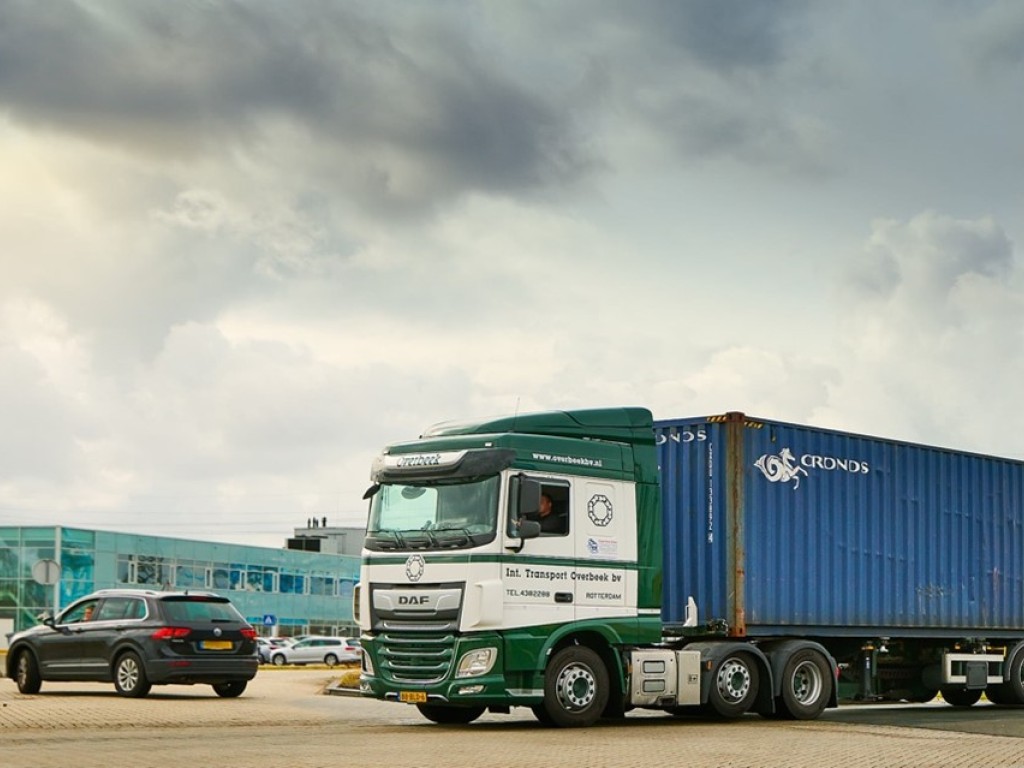Revising VAT in Global E-commerce

Digitalization and globalization are rapidly reshaping economies raising challenges for conventional taxation. Policy-makers are confronted with complex decisions, while having limited information and time. On the one hand, waiting too long risks a loss of tax revenue. On the other hand, acting too quickly increases the likelihood of adverse effects that can harm businesses or even drive them away.
Recent developments relating to the collection of EU value added tax (VAT) with regards to B2C cross-border supply of goods, illustrate how the EU policy-makers are looking for ways to stay in control by resorting to bold measures. Without full impact assessment and with unanswered
questions regarding implementation, new legislation was adopted rendering e-commerce platforms under certain circumstances liable for the collection of VAT of distance sales. The new legislation
enters into force in 2021, leaving businesses and policy enforcers (Douane/ Belastingdienst) three years to operationalize the legislation, so that inflow of goods can be processed accordingly. The legislation, however, leaves practical questions unanswered. It will be highly dependent on ecommerce platforms, while it is still uncertain if such platforms are willing and able to comply. Thus, the new legislation poses a risk to the administrability and enforceability of the system, especially at
the border. The logistics sector as a whole benefits from efficient regulation, after all, neither customs nor businesses benefit from delays at the border. The goals of this research correlate with TKI Dinalog’s goals to increase the attractiveness of the Dutch investment climate for the logistic sector, as well as increase the Netherlands’ rank on the International Logistics Performance Index. This research contributes to these goals by
developing a modern framework for future support of administrable and enforceable regulation, that is subsequently used to assess alternative VAT models for distance sales. The goal is to identify a VAT implementation model that reduces administrative burdens and increases transparency and efficiency of enforcement processes, resulting in a more attractive investment climate and a higher logistic performance score.
This study addresses the research question: “Which alternative VAT implementation models will assure future administrability and enforceability of B2C e-commerce?” The study is directed at the cross-border supply of goods, and focuses on the VAT implementation model, that is, the comprehensive mechanism with which the VAT is effectuated. The aim is not to challenge the normative and political ideas that underlie the value added tax, but to identify alternative mechanisms of effectuation.
This project develops a framework, elaborating on the concepts of “administrability” and “enforceability”, following an interdisciplinary approach, drawing on the field of tax law, economics, public administration and systems theory. Existing definitions1 of these concepts remain ambiguous, especially in context of VAT. Scholars from different EU member states point out that despite its policy significance, research in the field of GST/VAT has been somewhat underdeveloped.
Furthermore, this study analyzes the assumptions and choices that underlie the VAT implementation model, as well as the impact of innovation on the VAT, and the opportunities that new technologies offer. These conclusions further calibrate the framework for the purpose of
assessing administrability and enforceability in a VAT context. After fine-tuning the framework, focus is shifted towards the investigation of new VAT implementation models for B2C cross-border supply of goods, resulting in recommendations, regarding both alternative implementation models and implementation strategies. These are shared with public and private stakeholders such as customs and Cargonaut.